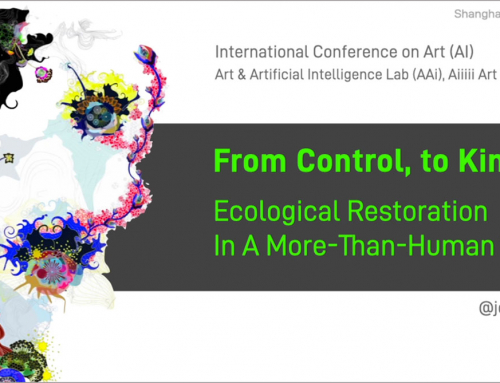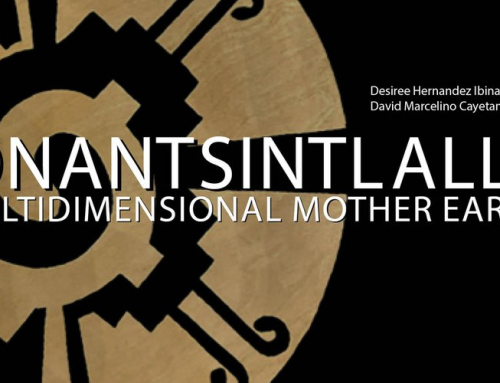According to Computer Weekly today, a high-level European Commission assessment panel has concluded that European Union research into information society technologies (IST) is failing, despite it spending more than a billion euros a year on the area. The panel said “more investment and less bureaucracy” are required for success. Red-tape is indeed a problem: it can take 70 working days to complete an EC project proposal which – when a one-in-three success rate is factored in – means we at Doors used to employ a whole person just to make applications. But the much bigger problem than red tape is the EC assumption that designing an information society is only about tech. Last year, for example, we spent three months filling in a huge funding application for Doors East – an event whose entire agenda was devoted to social innovation in a network society using ICTs as support. Our application was turned down because our proposal contained ‘insufficient technological content’. Doors has also been forced to stop participating in EC-funded programmes because of scale. Knowledge-sharing networks of excellence (of which we like to think Doors is a lively example) may only be funded by the EC if a network’s member organisations have at least 50 (and preferably 100-200) PhD level researchers on their books. This number favours the dinosaurs of Big Science (who helped write the policy) at the expense of hundreds of grassroots organisations who have the ideas – and local connections – that the dinosaurs lack.




